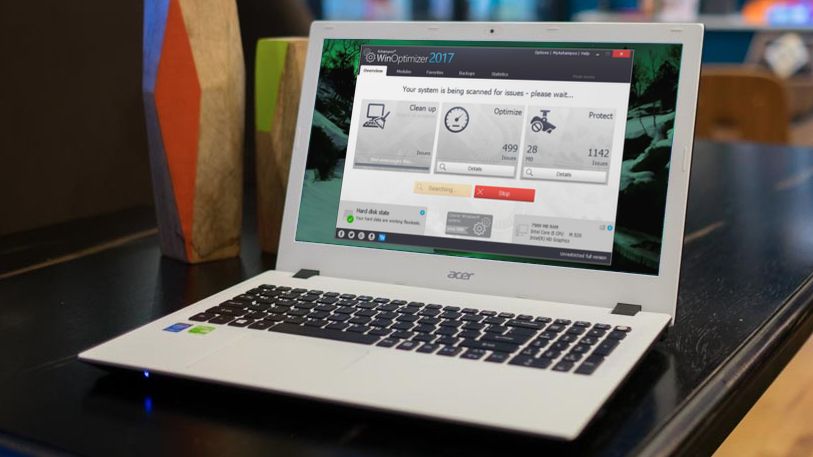
How To Speed Up Your Computer
There are a number of things that can and will slow a computer o any number of them down at one time. Being an IT technician for over 30 years has taught be that but thankfully there is a lot that we can do to turn this around.
Over years of use your computers collect and store a lot of temporary files and data, they accumulate this during normal use but over longer periods they can slow the machine down.
Regular maintenance doesn’t involve taking the PC apart, most of the things that slow a PC down are the things that are installed on the PC and rogue software that takes up valuable CPU resources.
Do a virus scan and keep it updated
I can’t tell you how many computers i have looked at where the user hasn’t checked there running anti virus or just never bothered to update the software. Some users see the message prompting them to update but just minimize it and this it will sort its self out.
Your virus scanner needs to be updated and needs to be running in order to protect yourself, IF you don’t keep this updated then it wont have the latest protection and you will likely have problems later on.
Most programs that run will have a system tray icon installed which will indicate that the program is running and its active. Also every year or so the developers will release new versions of the software, its important that you update whenever possible to ensure you have maximum protection, it doesn’t take a long while and once its done you will have piece of mind that your protected.
Cleaning out your hard disk
Free space is another factor that will determine the speed of your computer, of course there is a limit to how fast your PC will run but if your hard disk is between 95 and 98% full you will see a lot of performance issues.
The system uses the hard disk to swap files in and out of the memory banks, this is known as virtual memory and its used for a lot of applications. If you don’t have a lot of ram installed them the system will use the HDD as a storage for memory, this is otherwise known as memory swapping.
If necessary get an external hard disk and transfer large files off the drive – you will notice a big increase in performance.
In case you really need a solution, these super-speed Solid State Drives will definitely increase the efficiency of your entire system to the maximum.
Review installed programs
The more programs you have installed the bigger your computers registry will get and the more data processing it has to do. Go through and remove the biggest programs that you don’t use, also review the smaller ones and take those out.
Doing this will keep the registry hives down and will make processing and boot times quicker. Also check the processes tab and see what you have got running in the background. Theres bound to be a lot of things running that you weren’t even aware of and don’t even use.
Keep those vents clean
There is one issue with older computers that i see and it can cause a lot of performance issues especially with laptops. You need to clean out the ventilation tracts and pathways at least once a year. This will remove any excess dust and dirt in the vents and prevent a blockage.
If you fail to do this the vents will get blocked over time and stop the heat from escaping from the PC. This is not good and in some cases can stop your PC from working entirely. Some laptops have performance adjusting technology which will throttle the CPU performance down if it gets too hot, this works similar to the power profiles which turn the system resources down when the battery is running low.
Not all PC’s will have this auto sensing ability in there and they will likely run hot until the system shuts down when it reaches a critical temperature. This shutdown is to prevent the computer from experiencing heat damage however this often can shorten the life of your PC.
A can of compressed air will hardly cost you anything and will last you a number of years.
